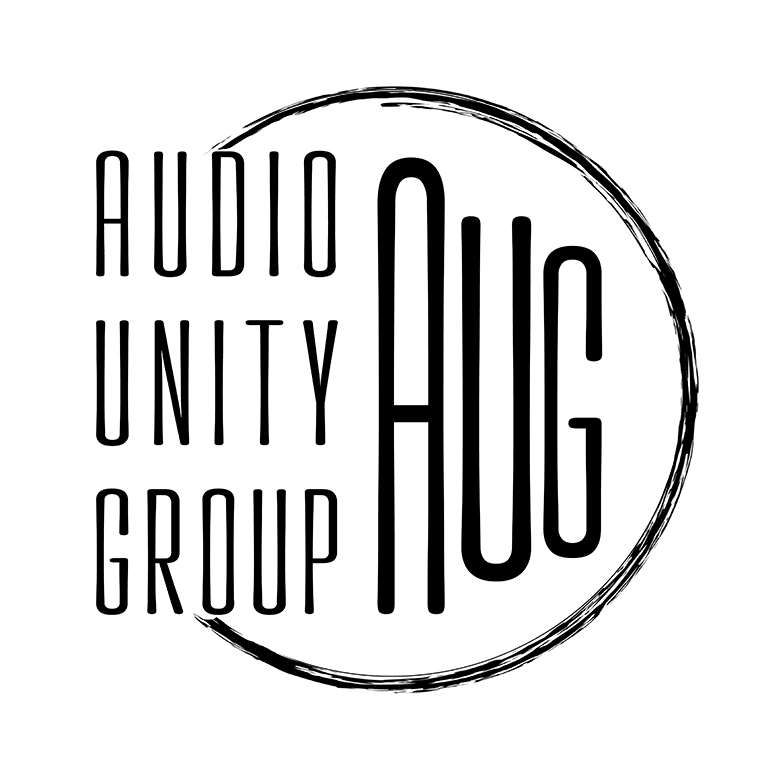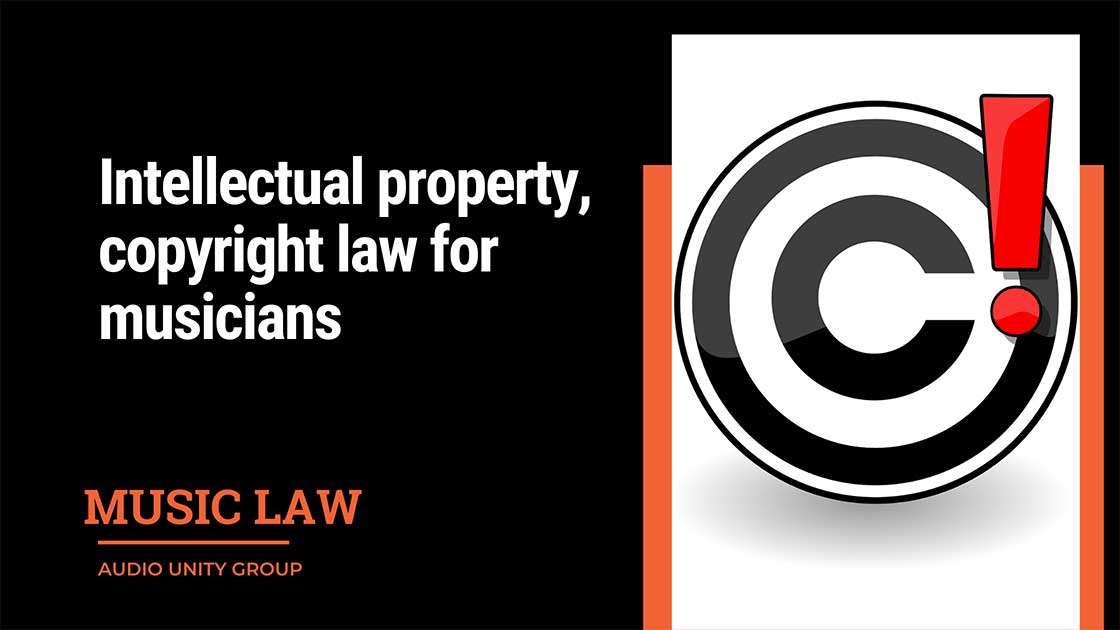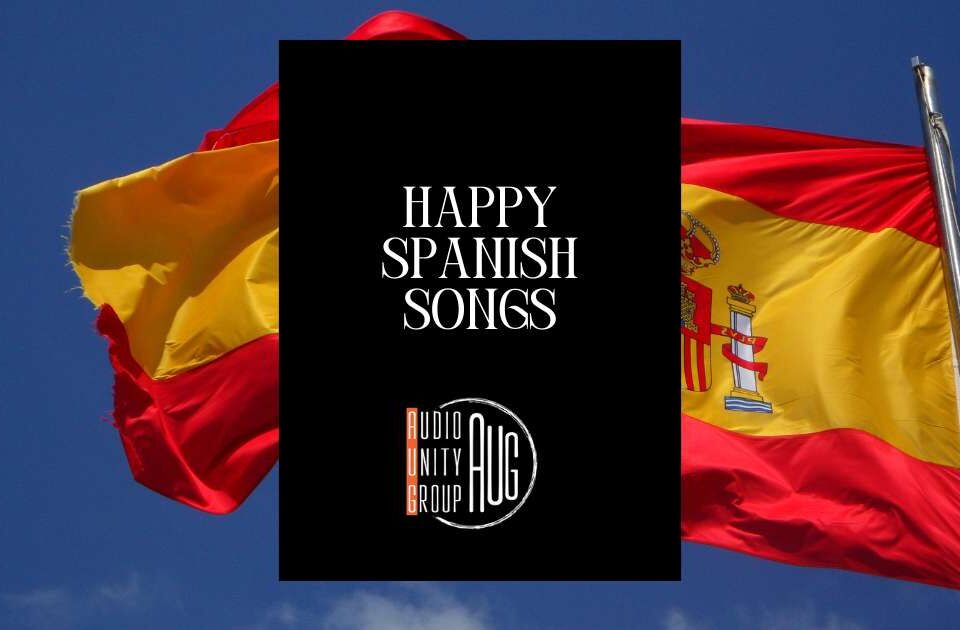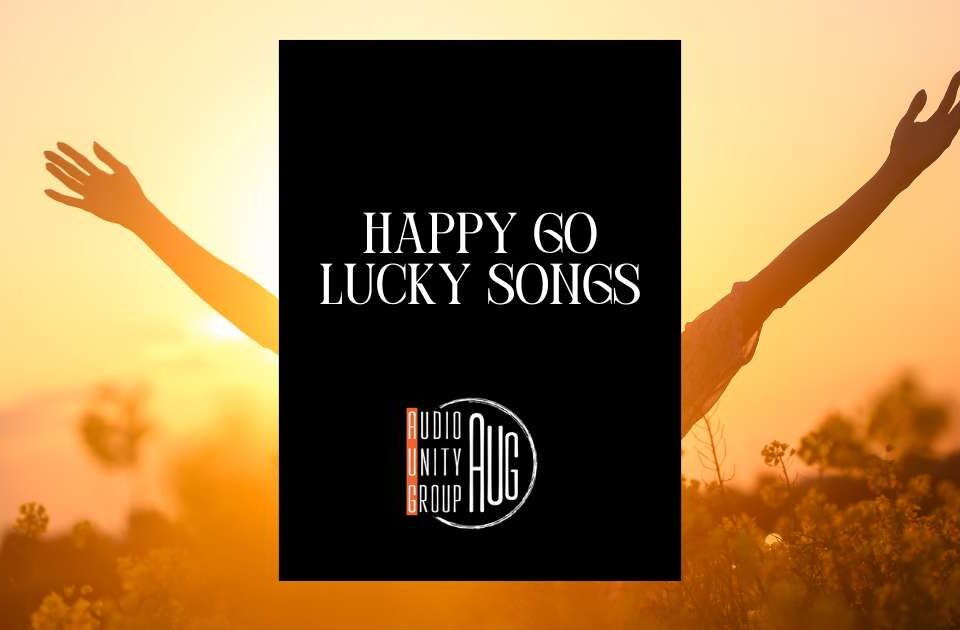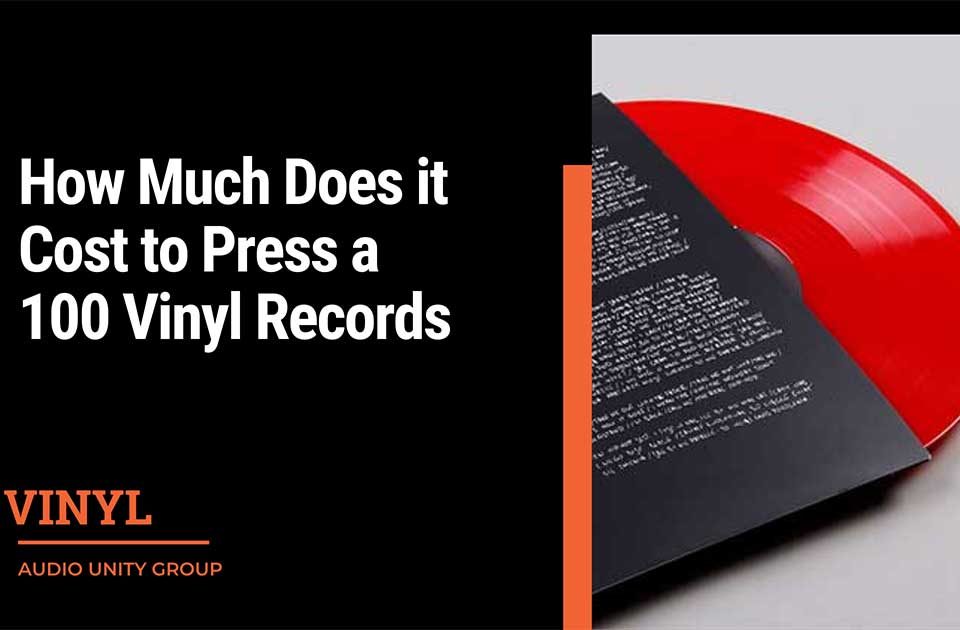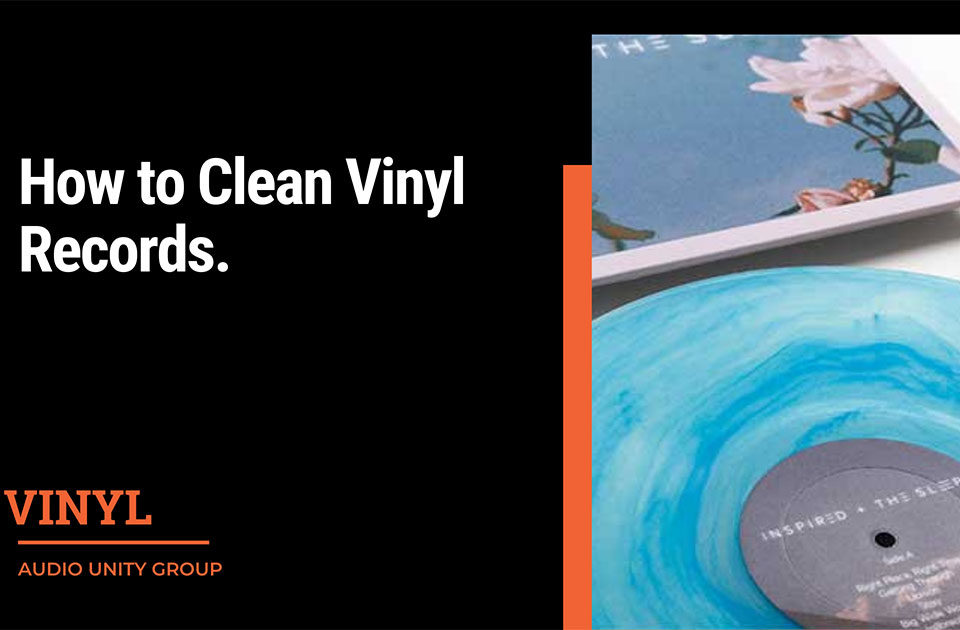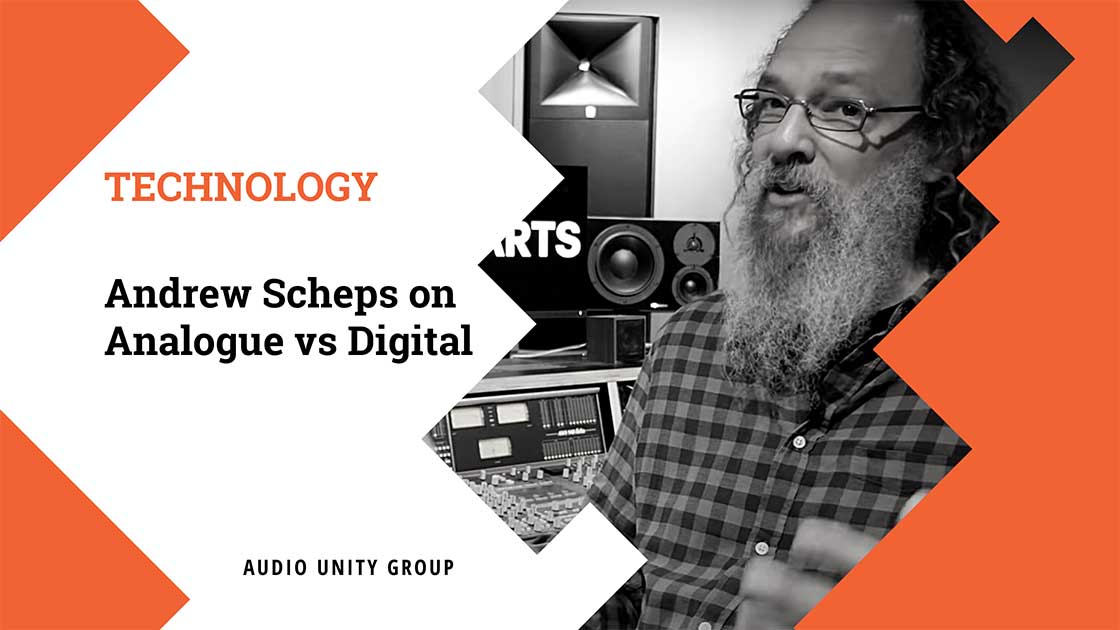
Andrew Scheps on Analogue vs Digital
August 25, 2020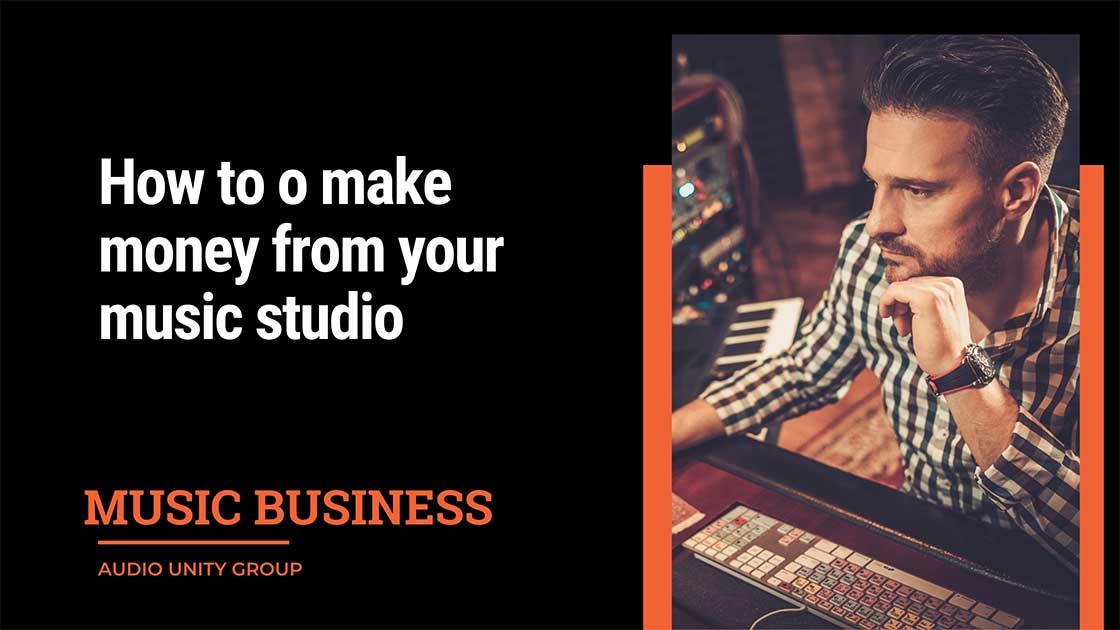
Music Business: Ways to make money from your music studio
September 22, 2020Music Law: Intellectual property, copyright law for musicians
08 September 2020
Music is a form of expression that helps to connect with the people, which speaks the real you. Some people say music has no boundaries, but the reality is different in the case of its laws. Art like music is also protected with laws and regulation.
This article will provide a basic overview of music laws including copyright law, intellectual property law, trademark law, and other laws relevant to the music industry. Let’s dig deep into it.
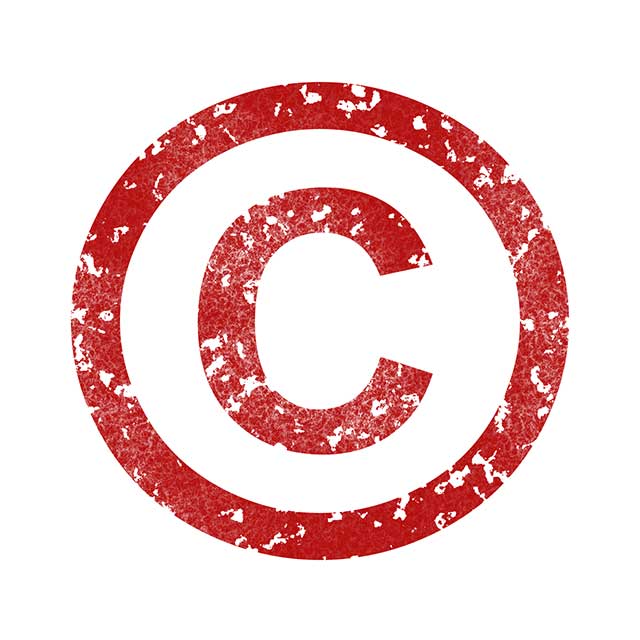
Intellectual property
When you pay for anything you want to buy, that item or good belongs to you, and you can rightly make your claim that ‘you own it.’ Same with the music, your work in the field of music belongs to you, or in simple words, intellectual property is your own recordings and songs
Copyright Law
If we break down the overall concept for your understanding, that as a musician, your intellectual property is your recordings and songs. Ownership of your music copyright provides you protection, authority, and power when it comes to making money from your art of music.
But wait a minute, what is copyright? The copyright represents the ownership of intellectual property by a person or group. Music copyright also acknowledges specific and undivided rights to the owner(s), one of the most vital being the right to earn wealth from that intellectual property.
Ownership of the content
Music copyright provides the special ownership designation of that particular song or recording. If any individual or we can say a musician who creates his music content, that means he owns that exclusive content.
If you work with any specific label, there is a strong chance the label controls and manages the copyright to the recording.
But if you write or compose any music content with one or more people, each one you own a portion of that song. This is how that works in the music industry, just like a big firm which houses a board of directors that is equally responsible for making a combined effort.
Types of music copyright
There are two main types of the copyright for music
- the composition
- the sound recording
What is composition copyright? The composition copyright is the part of the music content written down that includes notes, arrangements, and lyrics. In comparison, the sound recording copyright is the actual sound that you listen to.
Do you own your copyright?
So when do you own your copyright? You own your musical copyright when you capture the music or record in a fixed medium. This could be something as simple as writing your lyrics on a piece of paper or singing into a recorder with a date stamp on it.
The reason to register your copyright
You might be asking this to yourself, “If you own your copyright, why should you register your work? The primary reason is that in the case when someone infringes or copy on your copyright either by recording a song you wrote or using a sound recording you own without your consent or permission, you will have substantial leverage if you have officially filed your copyright registration with the government.
A registered content carries more weight in court than a sealed package. And in the case, if you decide to sue for copyright infringement, a federal registration entitles you to financial compensation from the offending party. It is the best proof of ownership that still exists.
Wrapping things up
Now you know the core of the concept of copyright and intellectual property. Music copyright is responsible for protecting recordings differently than the music contained in a record. The lyrics, rhythm, melody, and harmony combined may be used without consent, but still must be credited and paid. On the other hand, records are strictly prohibited from being used unless the copyright holder gives written permission.
In the end, if you wish to incorporate other copyrighted work into your music, be prepared to give credit and payment. If you don’t have the proper consent or permission, it’s imperative to leave copyright-protected samples off your recordings.
Most famous copyright cases:
According to Rolling Stone this is the 12 most popular copyright cases:
- “Surfin’ U.S.A.,” by the Beach Boys (1963) vs. “Sweet Little Sixteen,” by Chuck Berry (1958)
- “Bring It On Home,” by Led Zeppelin (1969) vs. “Bring It On Home,” by Sonny Boy Williamson (written by Willie Dixon) (1966)
- “My Sweet Lord,” by George Harrison (1970) vs. “He’s So Fine,” by the Chiffons (written by Ronnie Mack) (1962)
- “Ghostbusters” by Ray Parker Jr. (1984) vs. “I Want a New Drug,” by Huey Lewis and the News (1984)
- “The Old Man Down the Road,” by John Fogerty (1985) vs. “Run Through the Jungle,” by Creedence Clearwater Revival (1970)
- “Ice Ice Baby,” by Vanilla Ice (1989) vs. “Under Pressure,” by Queen, David Bowie (1981)
- “Transmitting Live From Mars,” by De La Soul (1989) vs. “You Showed Me,” by the Turtles (written by Roger McGuinn, Gene Clark) (1969)
- “Oh, Pretty Woman,” by Roy Orbison (1964) vs. “Pretty Woman,” by 2 Live Crew (1989)
- “Bitter Sweet Symphony,” by the Verve (1997) vs. “The Last Time,” by the Rolling Stones (written by Mick Jagger, Keith Richards) (1965)
- “Blurred Lines,” by Robin Thicke (cowritten by Pharrell) (2013) vs. “Got to Give It Up,” by Marvin Gaye (1977)
- “Uptown Funk” by Mark Ronson (feat. Bruno Mars) (2014) vs. “Oops Upside Your Head” by the Gap Band (1979), “Funk You Up” by the Sequence (1979), “More Bounce to the Ounce” by Zapp (1980), “Young Girls” by Collage (1983)
- “Get Free” by Lana Del Rey (co-written with Rick Nowels and Kieron Menzies) (2017) vs. “Creep” by Radiohead (1992)
Hope you enjoy the read.
Cheers,
Josh
![]() Absolutely amazing service just received my cd sleeves today and they look sooo good!! Tom was absolutely brilliant I’ve never done this before and he helped me through the entire process and went that extra mile to make sure I got the cds before a gig highly recommended and will be using there service again in the future ❤️
Absolutely amazing service just received my cd sleeves today and they look sooo good!! Tom was absolutely brilliant I’ve never done this before and he helped me through the entire process and went that extra mile to make sure I got the cds before a gig highly recommended and will be using there service again in the future ❤️
November 12, 2021
![]() If ya looking for the right sound of your product, dont waste your time. Tom is the person you need!!
If ya looking for the right sound of your product, dont waste your time. Tom is the person you need!!
December 16, 2020
![]() Thank you for all the help with mastering my tracks.
I happily recommend anyone looking to have work mastered to use Audio Unity. Their service is fast, professional and incredibly understanding and helpful. Definately using you guys again in the future.
The songs sounded crisp and nicely balanced……..great job!!!
Many thanks
Thank you for all the help with mastering my tracks.
I happily recommend anyone looking to have work mastered to use Audio Unity. Their service is fast, professional and incredibly understanding and helpful. Definately using you guys again in the future.
The songs sounded crisp and nicely balanced……..great job!!!
Many thanks
November 16, 2020
Hey I’m Tom, I’m a mastering engineer here at Audio Unity Group. I mostly look after Vinyl production and audio side of things. I hold a bachelor’s degree with honours from Kingston University in London. I love audio and helping others create outstanding-sounding records.


